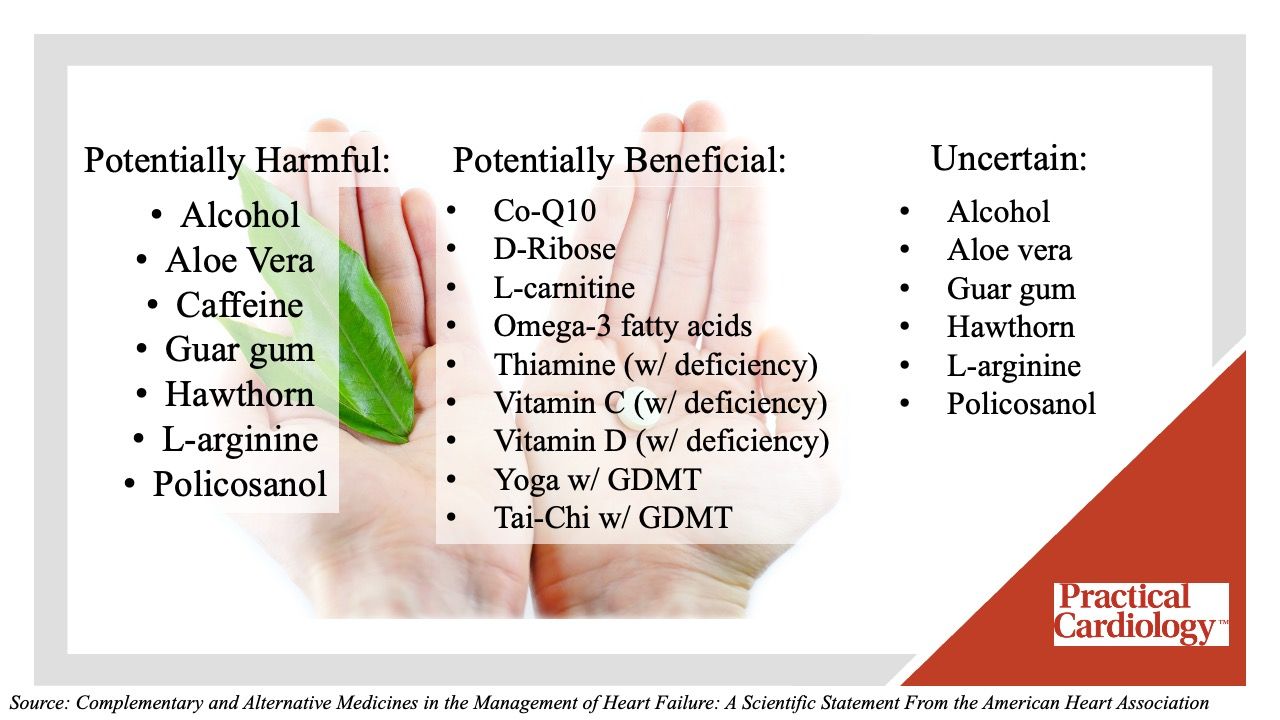Article
Cardiology Month in Review: December 2022
Despite 2022 quickly winding to a close, the month of December was host to multiple noteworthy pieces of news in cardiovascular medicine. Our December cardiology month in review highlights the most popular content in the month of December. The December 2022 month in review includes the announcement surrounding CLEAR Outcomes results, a pair of scientific statements from the American Heart Association (AHA), an analysis assessing the utility of NYHA classification for mild forms of heart failure, and a potential link between a Parkinson disease treatment and hypertension in people with type 1 diabetes.
Top News in Cardiology: December 2022
CLEAR Outcomes: Bempedoic Acid Reduces Cardiovascular Events
Nearly 3 years after approval from the US Food and Drug Administration for lowering LDL-C, data from the CLEAR Outcomes trial confirm bempedoic acid (NEXLETOL) use is associated with a statistically significant and clinically meaningful reduction in risk of major adverse cardiovascular events.
NYHA Class Alone Fails to Accurately Discern Risk Among Heart Failure Patients
A new analysis from the PARADIGM-HF study suggests substantial overlap exists in regard to the objective measures and long-term prognosis of patients with NYHA Class I and II heart failure.
Using data from the PARADIGM-HF trial, investigators produced results that underline the potential limitations of using NYHA classification to differentiate mild forms of heart failure.
An NIH-funded analysis of data from a 34-participant study examining blood pressure and aortic stiffness with the dopamine receptor agonist in adolescents with type 1 diabetes suggests use was associated with a 5-mmHg reduction in systolic and 2-mmHg reduction in diastolic blood pressure after the 4-week intervention period, with results also pointed to reduced ascending aortic pulse wave velocity and distensibility.
New Scientific Statements from the AHA
AHA Releases Scientific Statement on Acute Coronary Syndromes in Older Patients
The AHA has released a scientific statement offering clinicians with updated age-specific guidance related to diagnosis and management of acute coronary syndromes (ACS) in older patients.
With the proportion of older adults in the US continuing to increase, the AHA’s latest scientific statement provides timely and relevant information centered around diagnosis and management of ACS in people aged 75 years or older.
In an effort to combat medical misinformation on the subject, the AHA has released a new scientific statement centered around the benefits and risks of using complementary and alternative medicines to manage symptoms of heart failure.
Using data published prior to November 2021, the AHA statement encourages providers to discuss use of complementary and alternative therapies and talk about potential medication interactions as well the benefits and potential side effects of use at every visit, noting use of complementary and alternative therapies is a practice among 30% of people with heart failure in the US.






